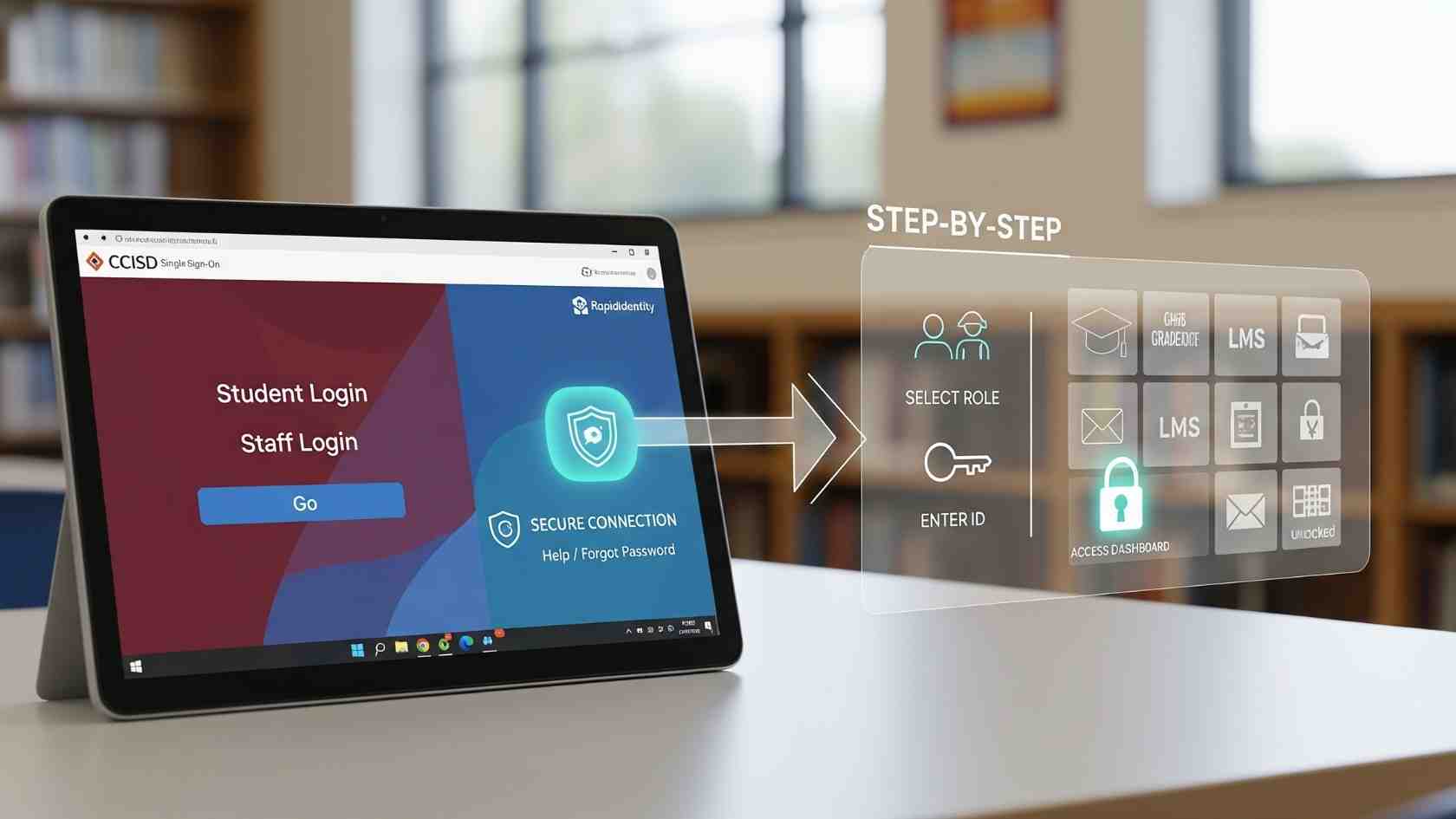The job of modern recruiters is a far cry from what it was just five years ago, with the rise of remote work and advances in AI and other technologies making optimal candidate screening a must. For most organisations, there are many fires to put out. For instance, a 2024 Forbes report showed that up to 80% of hiring managers discard applications they identify as AI-generated due to authenticity concerns.
However, companies also have obligations to safeguard the data they obtain from candidates. The risk of data breaches can not only harm their reputations but also prevent top talent from viewing them as serious, responsible organizations with sound cybersecurity policies in place.
Protecting Candidate Data and Combating Recruitment Fraud
Hiring can be immensely problematic when it comes to guaranteeing the security of job candidate data. To gauge the impact of data security breaches, one need only look to the July 2025 attack involving McDonald’s AI hiring bot, Olivia. The breach exposed the personal information of over 64 million applicants globally. The vulnerability was traced back to a legacy password on an inactive test account, which granted hackers unauthorized access to applications dating back years.

In the same month, the French national employment agency France Travail fell prey to a cyberattack that exposed the sensitive data of approximately 340,000 job seekers. The breach occurred via Kairos, a digital platform used to manage professional training programs. The breach exposed information such as full names, addresses, phone numbers, and e-mails. The information could be used in phishing scams or identity theft.
Strategies for Enhancing Candidate Data Security
To mitigate the risks associated with candidate data breaches, organizations need to take a multifaceted approach that includes specific best practices. The first involves limiting access to candidate information to authorized personnel. Only these employees should have access to data, and their permissions must be regularly reviewed. Secondly, they must implement GDPR- and CCPA-compliant consent forms that specify how data is collected and used.
Thirdly, secure data transfer must be ensured via encrypted platforms such as DocuSign or OneDrive for Business. All data transfers should be encrypted to prevent unauthorized access. Another strategy involves conducting quarterly audits of data security protocols to identify potential vulnerabilities.
Finally, educating candidates about possible scams and showing them how to recognize fraudulent activities is key. Typical signs of fraudulent job offers include vague job descriptions, evasion of questions about the role, and a lack of details regarding company culture and benefits.
Uncovering Resume and Credential Fraud
Organizations not only need to protect candidate data, but also ensure that they are dealing with legitimate applicants. Surveys have shown that approximately 70% of workers admit to lying on their resumes. Examples of resume fraud abound. For instance, David Tovar, the former chief spokesperson for Walmart, was discovered to have falsely claimed to have earned a bachelor’s degree from the University of Delaware.

The misrepresentation was found during a due diligence screening when Tovar was being considered for promotion to Vice President. Companies must take steps to ensure the candidates they interview and hire are legitimate by conducting background checks, verifying references, and confirming academic credentials. These strategies are fundamental in a time when it is easier than ever for candidates to misrepresent their experience or qualifications with AI tools.
Relying on Background Checking Tools
Numerous background-checking tools can be relied on, including Checkr, which offers automated background checks covering criminal records, employment history, and education verification. Another popular tool is GoodHire, which provides customizable background screening solutions with compliance support. Companies are also turning to AI-powered resume analysis tools (such as HireVue and Vervoe) to evaluate candidate abilities and detect inconsistencies.
Steps also need to be taken at the verification stage. DocuSign supports secure electronic signatures and document management, while OneDrive for Business offers encrypted cloud storage for safe document sharing. For credential verification, meanwhile, Truwork can verify candidate claims, while Parchment securely shares academic records.
Also Read: SASE And Its Role In Driving Smarter Cloud-Based Network Protection
Final Thoughts
Leading organizations must adopt a proactive strategy to combat recruitment fraud. First, they must protect candidate data and ensure that only a limited number of employees have access. Second, they must conduct thorough checks to verify that candidates are who they claim to be and possess the experience and education listed on their resumes.










